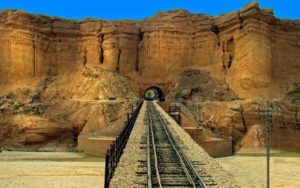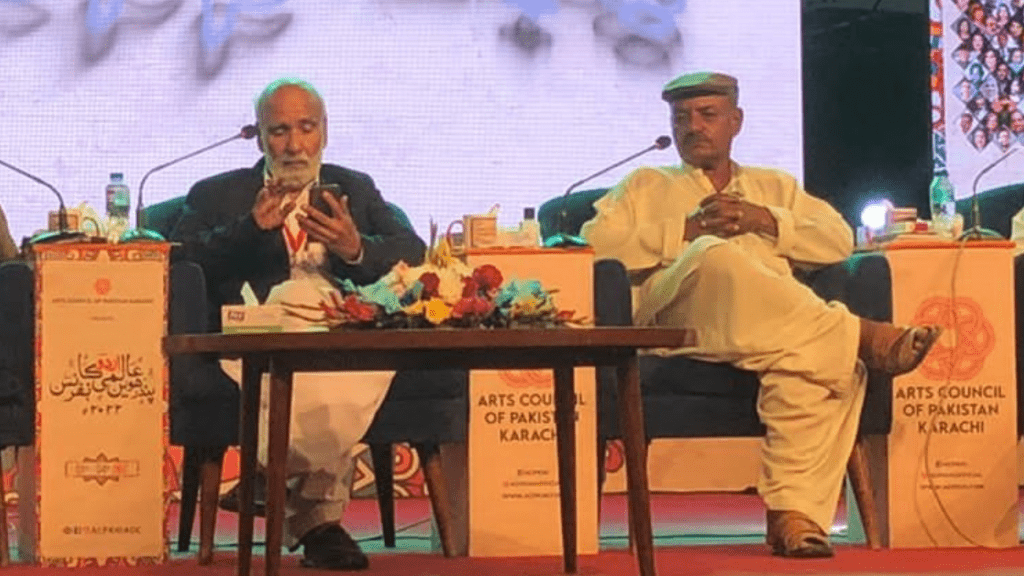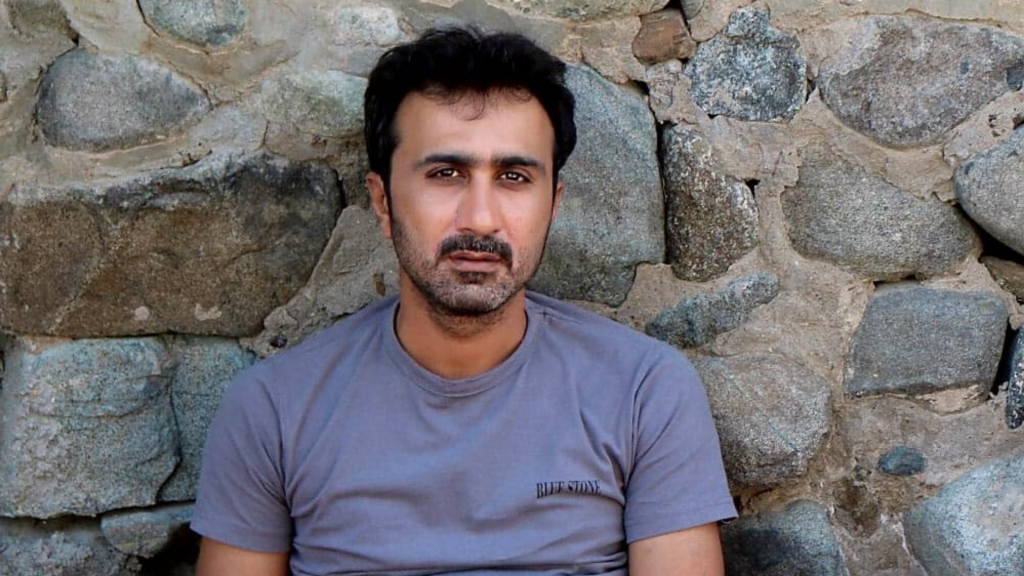 You might not believe but everything seems to be the same in Balochistan for the past 200 years. Even the British Indian railway line remains totally unchanged and the new colonial master, Pakistan, has not bothered to add an inch to it.
You might not believe but everything seems to be the same in Balochistan for the past 200 years. Even the British Indian railway line remains totally unchanged and the new colonial master, Pakistan, has not bothered to add an inch to it.
Pakistan is also copying the British counter insurgency tactics – albeit a little more brutally — to suppress the Baloch resistance.
Nor have the Baloch changed. They fought the British occupation and are up in arms against Pakistan to liberate their land, as they put it, from the foreigners.
The Baloch insurgency against Pakistan began in 1948 when the newborn Islamic republic occupied Balochistan against the wishes of the Baloch people. At first, Jinnah tried to persuade Mir Ahmadyar Khan, the Khan of Kalat, through negotiations to join Pakistan but as the negotiations protracted, the army was ordered to move into the Baloch territory. The Khan, a weak ruler of a weak state, signed a deal at “gun point”, as the Baloch nationalists put it. Since then, thousands of Baloch have been massacred, hundreds of thousands were made into refugees and thousands more have been disappeared or have been tortured and jailed.
On March 17, 2016, the Pakistani authorities announced head-money for 99 Baloch rebels. The rebel groups say that they are fighting against the Pakistani occupation whereas the authorities call them ‘’terrorists’’, who are being supported and funded by some foreign elements, a euphemism for Pakistan’s archrival India. It is among many attempts by Pakistan to counter the decade-long fifth Baloch insurgency.
Similarly, the Britain had started with negotiations with the Baloch rulers in 1839 when the former were engaged in the First Afghan War. They needed safe passage for the British troops via Bolan Pass in Balochistan to Afghanistan. They tried to negotiate its terms with the Khan of Kalat, Mir Mehrab Khan, which he agreed but as long as the British agreed to leave the Khanate after the Afghanistan expedition and also if the British helped restore their control over Karachi. However, the British were reluctant to agree to these terms and the invasion of Balochistan was ordered. The invasion resulted in the death of several hundred people, including Mir Mehrab Khan. Soon the Baloch waged a rebellion against the British all across Balochistan under the leadership of Mir Mehrab Khan’s son.
Likewise, the British issued a proclamation against the Bugti rebels, a Baloch tribe, labeling them as ‘’outlaws’’ or ‘’terrorists’’ in 1846. According to the proclamation, a head-money of Rs.10 was placed on every Bugti tribesman captured dead or alive. This proclamation was followed by a blockade of the entire Bugti territory.
The military oppression, blackmailing and the drama of the surrenders of Baloch rebels still keep repeating itself in Balochistan. The British never allowed any sort of resistance, even if it was peaceful and banned political parties such as the Kalat National Party. Pakistan is following in their footsteps by banning peaceful political parties such as the Baloch Students’ Organization (Azad).
Although the British ruled Balochistan for more than a century but they hardly undertook any development project for the natives. Currently, the resource-rich Balochistan is the poorest and least developed province of Pakistan. Both Britain and Pakistan’s exploitation of the natural resources in the area along with their authoritarian rule forced the Baloch to rebel in the past and in the present.
Thus everything remains the same. However, Pakistan is a bit too brutal. Its notorious kill and dump operations in Balochistan are unique. Pakistan’s armed forces can pick up anyone from Balochistan, kill them and dump their bodies in isolated places. These operations are so widespread that even a shepherd or a teenager or a teacher can fall victim to them for merely knowing a Baloch rebel or being related to him.
Human rights groups claim there are more than 20,000 Baloch missing persons, a phrase used to refer to those who have been picked by armed forces and their whereabouts are unknown. Around five percent of these missing persons are not missing anymore. They ended up as mutilated dead bodies thrown at an isolated place.
Nearly a million of Baloch have been displaced by military operations, which are often marked by indiscriminate lethal bombings. Undoubtedly, had there been an independent fact-finding commission, sent and monitored by the UN, Pakistan would not be able to defend the charges of targeted genocide.
Amnesty International and other human rights organizations have been accusing Pakistan of war crimes and human rights violations, which it constantly denies and yet does not permit foreign diplomats and journalists to freely visit Balochistan. In February, during a visit to Gwadar, a strategic port in Balochistan, a Guardian reporter was prevented from stepping outside the confines of a hotel, despite the trip being allowed by a no-objection certificate issued by the information ministry in Islamabad. Yes, you need such a certificate to report from Balochistan.
Pretending to negotiate, promising reforms, claiming development, using labels such as terrorists or outlaws are some of the many tactics used by the authorities to divert attention from its brutal, centuries-old tactics to exploit the resources of the Baloch land.
Salahuddin Baloch is an independent writer and activist. He tweets at @Baloch_Rebel.




Great article. Gives the complete picture of the atrocities carried out by pak govt on Baluchistan and Baluch people. After reading this article I conclude that punjabis want to suppress Baluchis to an extent that they don’t raise voice for ever and suffer silently. The main aim is to,swindle the natural wealth bestowed on Baluchistan which rightfully belongs to none other than locals. I also had read long time back that Pakistan leaders were getting huge amount from Iran not to exploit the gas reserves, to keep the market monopoly, a point to be verified.
Pakistani leaders are repeating the same what they did to Bengalis and Bangladesh. Swindling one region and improving Punjab and fill the coffers.
This won’t go on for long.